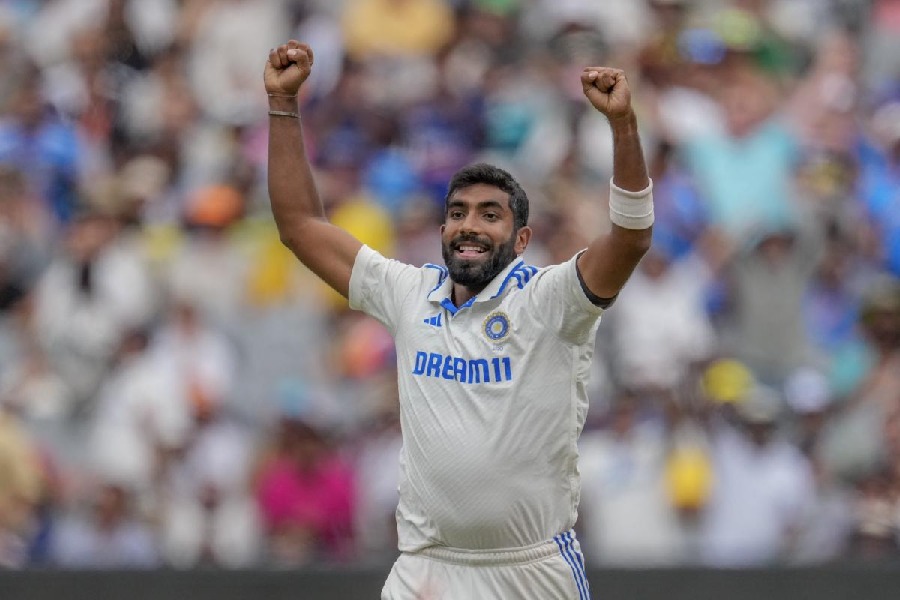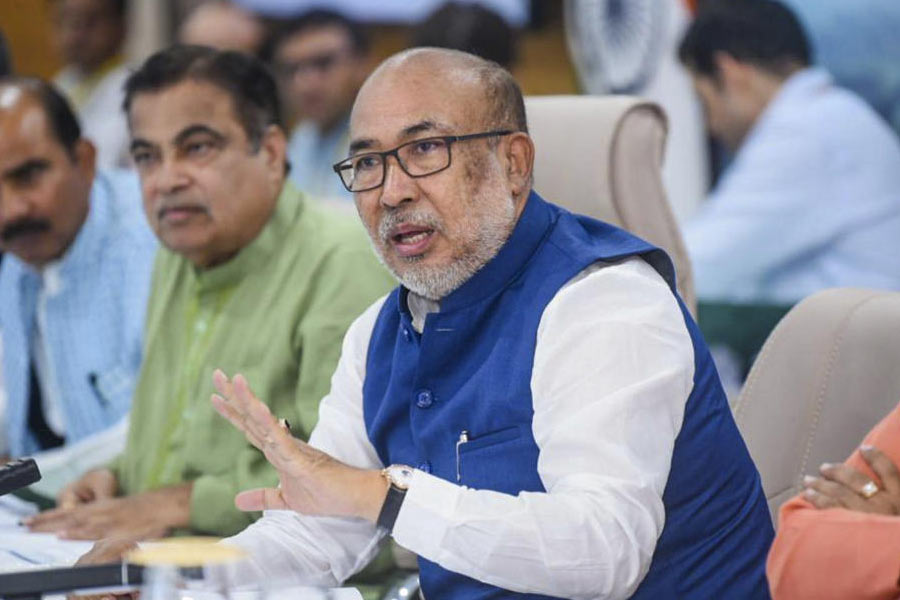The Supreme Court on Monday stayed two communications from the National Commission for Protection of Child Rights (NCPCR) that directed the withdrawal of recognition to state-funded madrasas that do not comply with the Right to Education (RTE) Act.
The communications were dated June 7 and June 25 and were followed by matching orders from the governments of BJP-ruled Uttar Pradesh and Tripura and the Centre.
The bench issued the interim order in response to a petition filed by Jamia Ulema Hind. The petition argued that the NCPCR’s directives were unconstitutional and contradicted previous Supreme Court rulings, including landmark decisions in the T.M.A. Pai and P.A. Inamadar cases.
Upon a request from senior advocate Indira Jaising representing the petitioner, the bench dictated the following written order saying the two communications issued by the NCPCR “shall not be acted upon”.
“Pending further orders, the communications dated (i) 7 June 2024 and 25 June 2024 of the National Commission for Protection of Child Rights; (ii) 26th June 2024 of the chief secretary of the state of Uttar Pradesh; (iii) 10 July 2024 issued by the secretary, department of school education and literacy, ministry of education, government of India; and (iv) 28 August issued by the directorate of elementary education, government of Tripura shall not be acted upon,” the court said.
The petition contended that the NCPCR had overstepped its authority by issuing directives that would affect the recognition of madrasas receiving government funding, arguing that the RTE Act does not apply to these institutions or to vedic pathshalas.
The NCPCR is tasked with safeguarding children's rights. Its directive asserted that madrasas must adhere to national curriculum standards to ensure the provision of free and compulsory education, as mandated by the RTE Act.










